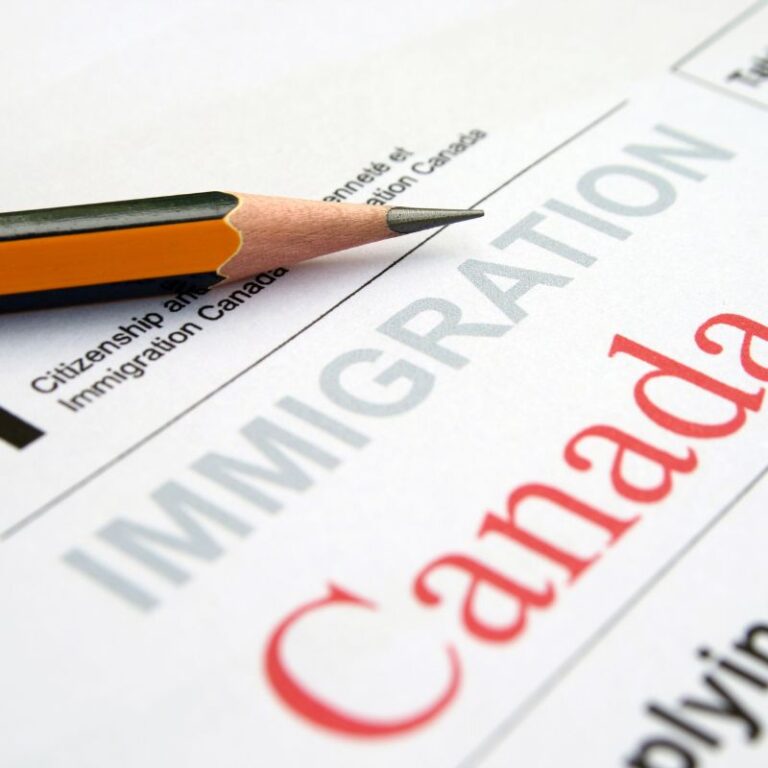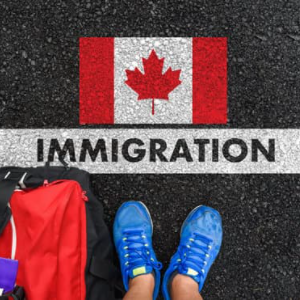Country of Citizenship, Country of Nationality, and Country of Residence Under Canadian Law

In the legal and migration context, citizenship, nationality and place of residence are key concepts. Generally speaking, these terms are often used interchangeably, but it is crucial to understand their nuances, especially in Canadian law. This article aims to explain these differences and illustrate their importance in Canadian immigration law.
Citizenship
Citizenship refers to a person's legal status vis-à-vis a specific country. A citizen is legally recognized by a state, which offers protections, rights and obligations. In Canada citizenship can be acquired by birth in the territory (jus soli), by descent (jus sanguinis), or by naturalization.
The Canadian Citizenship Act clearly defines the criteria for acquiring citizenship through naturalization. Among other things, this law requires permanent residency, sufficient knowledge of both official languages (English and French), and an adequate understanding of the rights and responsibilities of citizenship.
Nationality
Nationality, on the other hand, is often confused with citizenship, although it has distinct implications. It refers to the legal bond between a person and a state, regardless of place of residence. Consequently, nationality is generally acquired by birth or blood, and can rarely be changed.
In the Canadian context, the concepts of citizenship and nationality are almost interchangeable. However, the distinction becomes important in special situations, such as that of individuals born abroad to Canadian parents, or those with dual nationality.
Residence
Residence refers to the place where a person usually lives. This may be different from one's country of citizenship or nationality. In Canada, residency has specific legal implications, notably for taxation and citizenship eligibility.
A permanent resident of Canada is a person who has been granted the right to live and work in Canada indefinitely, but who is not a Canadian citizen. They enjoy many of the same rights and privileges as citizens, with the exception of the right to vote or run for political office.
Involvement in Canadian law
Understanding these terms and their nuances in Canadian law is crucial, especially in immigration and naturalization situations. Canada has an inclusive approach to immigration, encouraging people to become permanent residents and eventually citizens.
Citizenship, nationality and place of residence are all important factors in the processing of immigration applications to Canada. The country has laws and regulations in place to protect the rights of its citizens, residents and Canadian nationals abroad.
Dual nationality in Canada
In Canada, dual nationality, also known as multiple citizenship, is perfectly legal. This means that a Canadian citizen can also be a citizen of another country. Similarly, an individual with foreign citizenship can also obtain Canadian citizenship without having to renounce his or her original citizenship. This policy is the result of an amendment to the Citizenship Act in 1977, which abolished the requirement for new citizens to renounce their original citizenship.
This offers a number of advantages, such as the ability to travel more easily between countries, access to more job opportunities, and the possibility of enjoying the social benefits of both countries. However, it should be noted that dual nationality can also entail additional obligations, such as the possibility of being subject to the legislation, taxes or military obligations of both countries.
In short, dual nationality is accepted in Canada. However, before seeking dual nationality, it is advisable to fully understand all the legal and financial obligations that may be associated with this condition in the two countries concerned.
In conclusion, although these terms are often used interchangeably in everyday conversation, they have specific and different meanings in the legal context. In the context of Canadian law, understanding these distinctions can help navigate the immigration, residency and naturalization processes.







